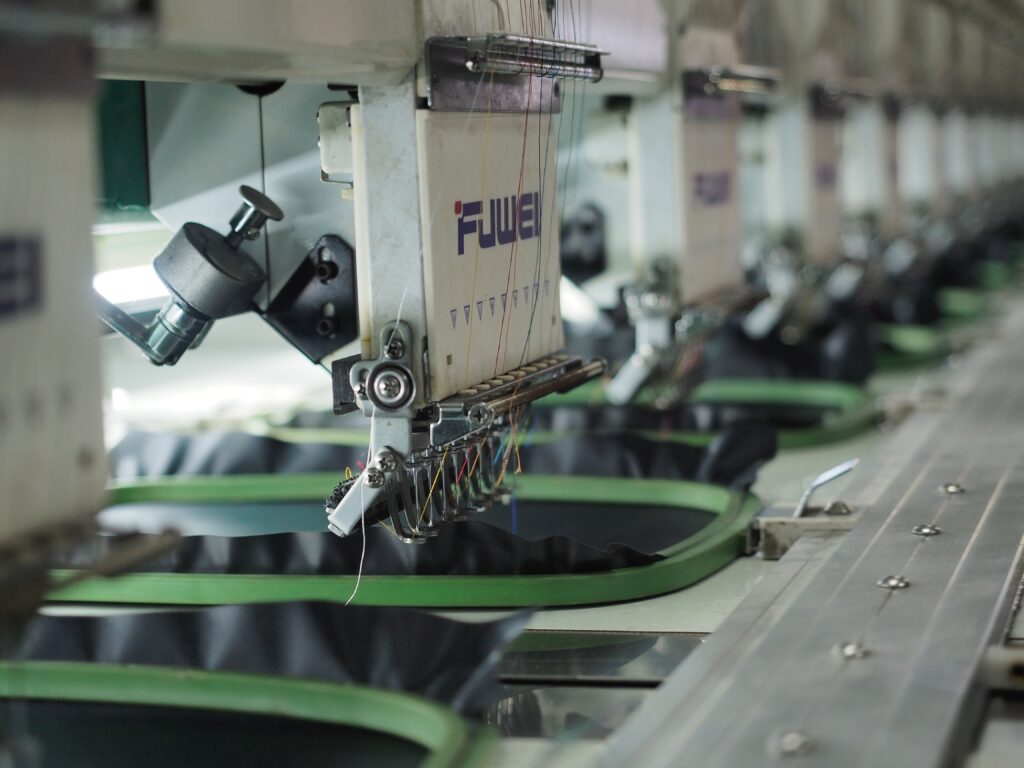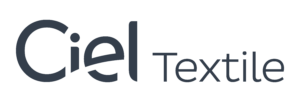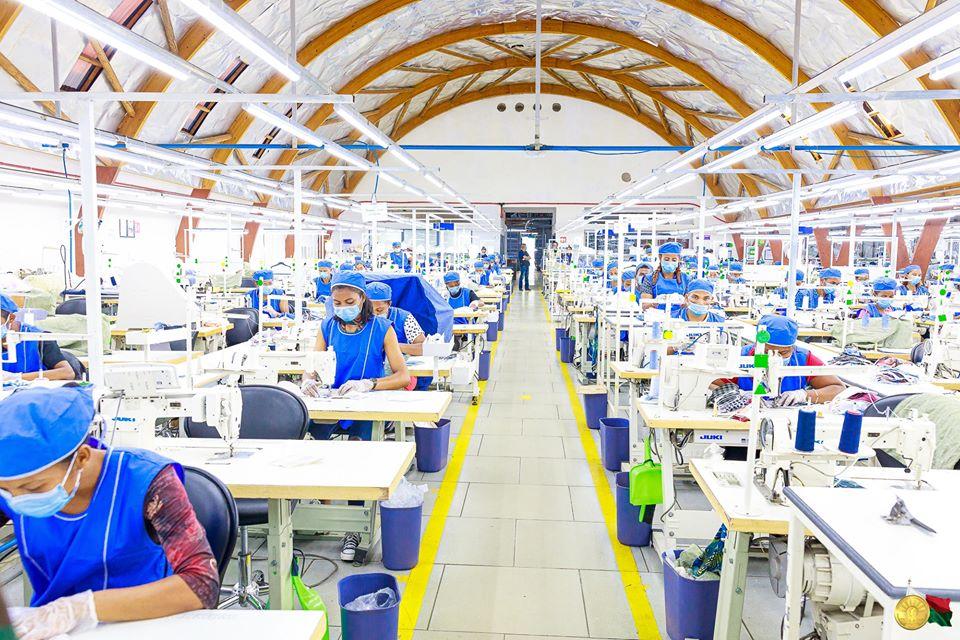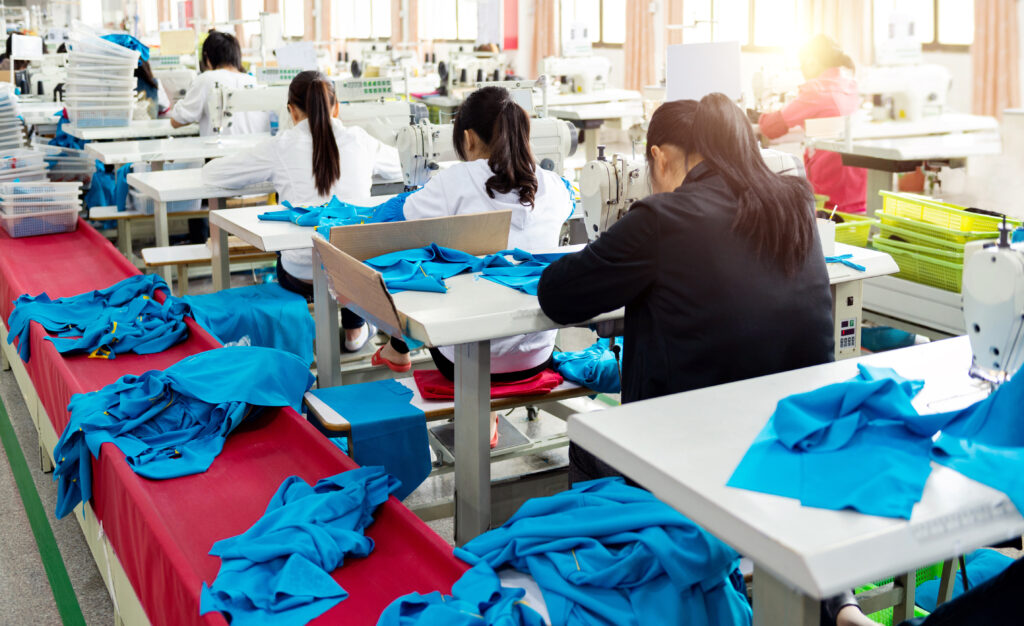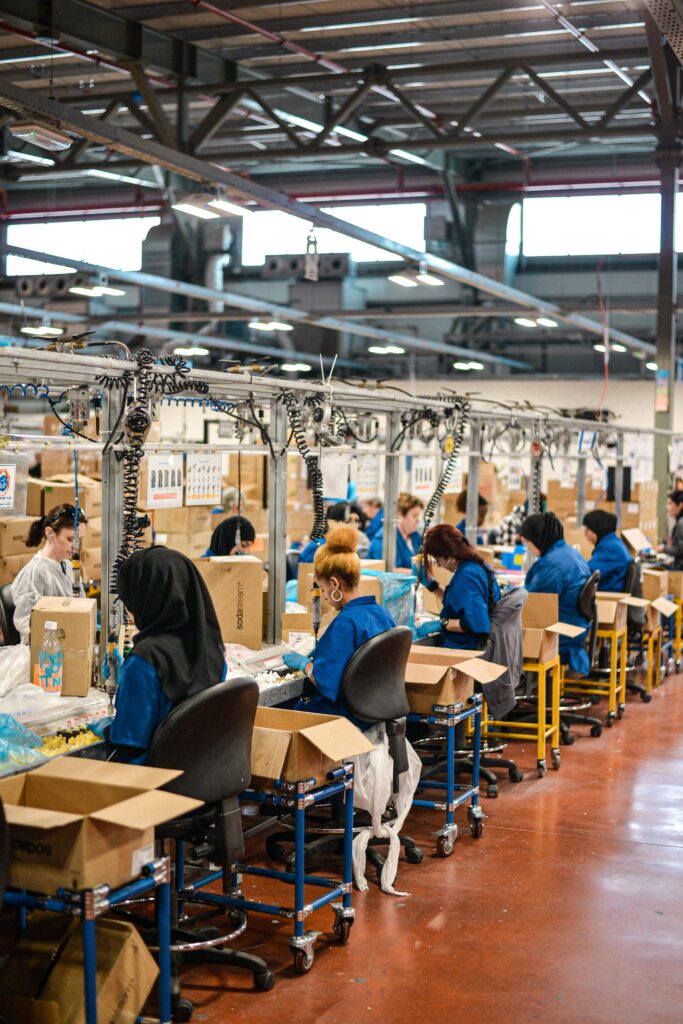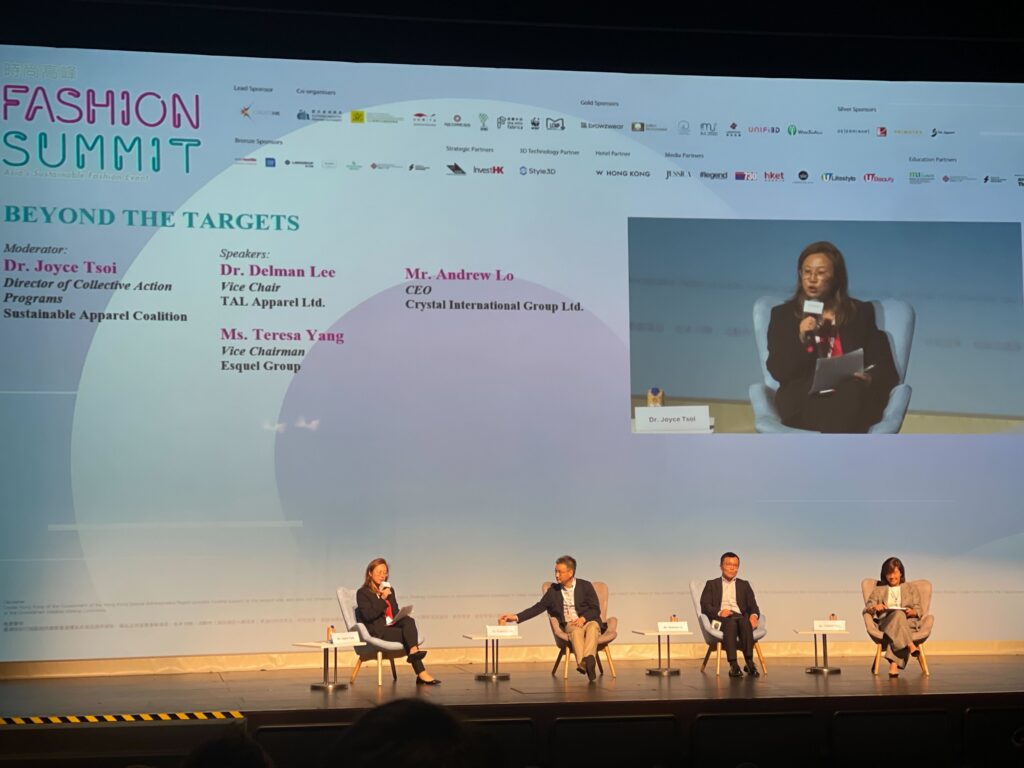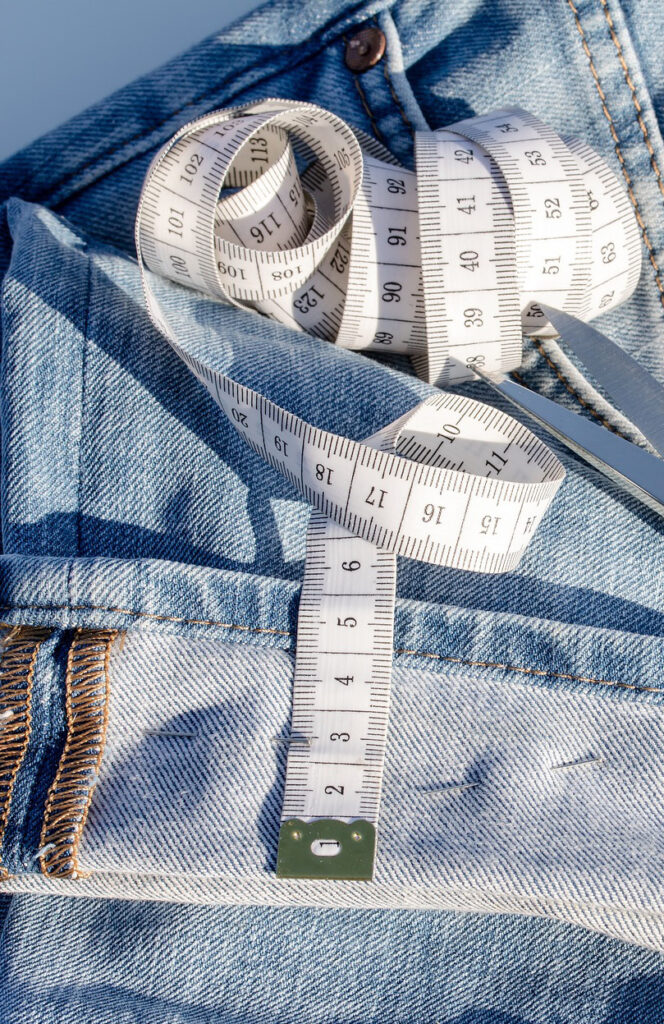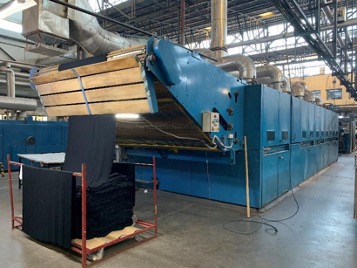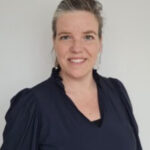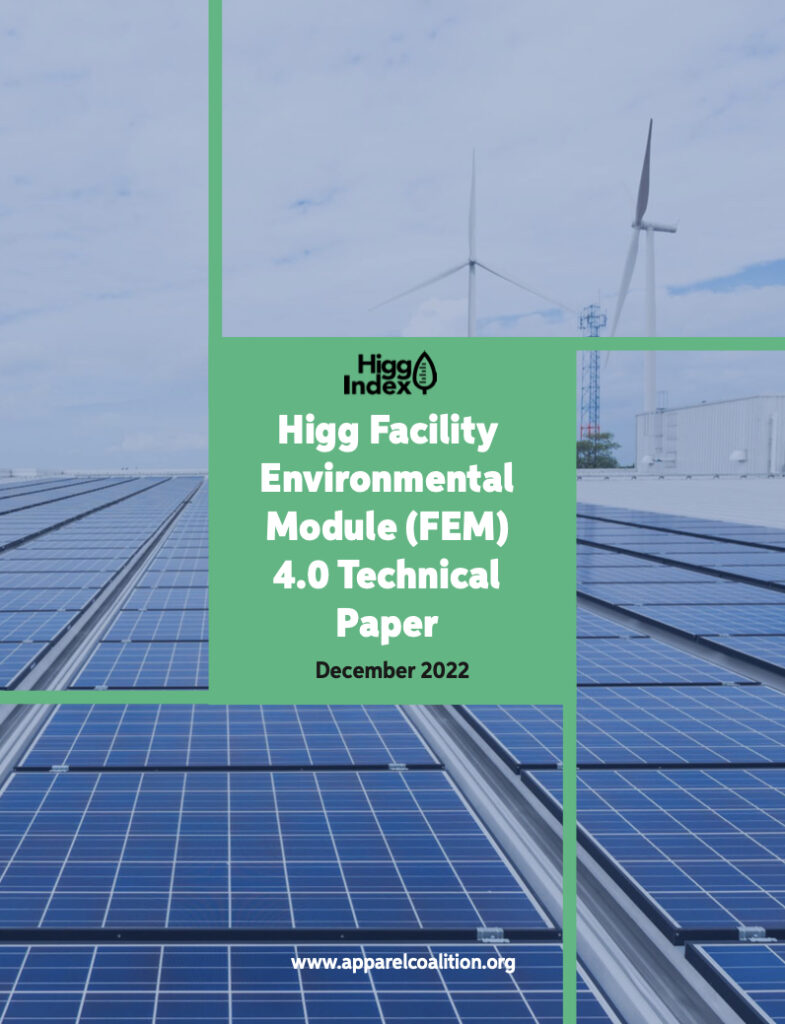San Francisco, Amsterdam, Hong Kong – November 2, 2023: Today, in partnership with Worldly, the Sustainable Apparel Coalition (SAC) launched the Higg Facility Environmental Module (FEM) 4.0 tool. This update marks an industry milestone in sustainability reporting to meet pressing environmental issues and industry standards, positioning Higg FEM 4.0, part of the Higg Index suite of tools, as the most applicable and leading assessment for environmental performance in the consumer goods industry.
Enabling more accurate reporting
As well as offering improved and more streamlined usability, Higg FEM 4.0 delivers better data quality. Featuring a new anomaly detector designed to flag inconsistencies, Higg FEM 4.0 provides more accurate reporting, ultimately enabling a more accurate environmental assessment of the industry.
Broader coverage of critical environmental issues
The tool also offers a deeper look at key environmental issues such as groundwater and soil contamination to help the industry make improvements at a global scale on critical issues. The new tool aligns with key global standards – including the GHG Protocol, the SBTi, and ZDHC Roadmap to Zero – to drive emissions reductions and reduce duplicative reporting. Additionally, Higg FEM 4.0 includes targeted questions that are more relevant to a facility’s processes, weeding out questions that are irrelevant.
Jeremy Lardeau, VP of the SAC Higg Index says, “Higg FEM 4.0 will bring impactful and necessary changes – from improved data quality to alignment with relevant industry standards, the updated tool offers a wide range of benefits to ultimately reshape how sustainable decisions are made along the supply chain.”
Industry led update
Higg FEM 4.0 was built on member and stakeholder feedback collected over the past two years It reflects the input of over 140 representatives across 12 Member Expert Teams (METs), including 62 representing manufacturers, 57 representing brands/retailers, 10 service providers, and five representing affiliate members. The METs, the FEM Strategic Council, partner organizations, and members all provided insights and feedback. The insights collected helped to shape the FEM framework, scoring methodology, question content, and more to build a tool that meets relevant industry standards and protocol. Additionally, Higg FEM 4.0 was tested by over 400 users who provided feedback within the platform. The SAC is excited for end users and stakeholders to experience the widespread benefits of Higg FEM 4.0, and empower them to identify, prioritize and scale sustainability efforts.
Jimmy Summers, Vice President of Environmental, Health, Safety & Sustainability, at Elevate Textiles: “Elevate Textiles is looking forward to the release of Higg FEM 4.0. Higg FEM is an essential part of transparently sharing our verified sustainability metrics and progress with our customers. We also use Higg FEM as a foundational element of our overall sustainability program to ensure that all of our facilities around the world are meeting our expectations and improving their performance towards our facility-level and corporate goals and targets, including our Science-Based Targets for GHG reductions. We actively participated in the Higg FEM 4.0 pilot and are now prepared to ‘raise the bar’ with this more rigorous and beneficial version.”
Alan Chin, Senior Manager, Supply Chain Sustainability, at VF Corporation: “At VF, the Higg FEM assessment enables the company and our brands to measure key Scope 3 supplier-related impacts. VF teams, along with the SAC staff, engage directly with our vendor partners to assess and improve supplier carbon emissions. We are excited about the enhanced ability of the updated Higg FEM 4.0 to deliver actionable data and insights, enabling VF to support impact reductions across our global supply chain.”
James Schaffer, Worldly’s Chief Strategy Officer: “Higg FEM 4.0 is a game changer. In an industry with rapid change in impact reporting and regulation disclosure requirements, Higg FEM 4.0 directly addresses the current sustainability challenges and future needs businesses are facing. We’re proud to host this leading environmental assessment on the Worldly platform and provide businesses the impact intelligence they need. With new customized user experiences for facilities, Higg FEM 4.0 is an assessment tailored to facilities that gives brands visibility into the nuanced impact of their supply chain partners, so together they can identify hotspots and effectively improve their environmental footprint.”
Kyle Chung, Senior Manager – Sustainability, at Crystal International: “Crystal International’s sustainability efforts are strengthened by industry tools like Higg FEM to enhance environmental performance. Collaborating with our supplier network to leverage Higg FEM data and insights, we can make informed decisions to drive sustainability advancement across our operations and value chain. With the launch of the updated tool, we are better equipped to address the industry’s most pressing issues.”
— ENDS —
About the Higg FEM Tool
The Higg Facility Environmental Module (FEM) tool informs manufacturers, brands, and retailers about the environmental performance of their individual facilities, empowering them to scale sustainability improvements. The Higg FEM provides facilities a clear picture of environmental impacts and helps users identify and prioritize opportunities for performance improvements.
About the Sustainable Apparel Coalition
The Sustainable Apparel Coalition (SAC) is a global, non-profit alliance of over 280 organizations in the apparel, footwear, and textile industry. Initially formed to create standardized sustainability metrics, the SAC has sharpened its focus to driving pre-competitive, collective action across three foundational pillars. As an independent entity, the SAC brings together brands, retailers, manufacturers, NGOs, academics, and industry associations to combat climate change, ensure decent work, and contribute to a nature-positive future. Central to the SAC’s mission is the Higg Index, a suite of comprehensive tools that empower members to measure, evaluate, and improve sustainability performance across the supply chain.
LinkedIn | Twitter | Instagram | Facebook | YouTube
About Worldly
Worldly is the planet’s most comprehensive impact intelligence platform, trusted by 40,000+ major brands, retailers, and manufacturers in fashion, outdoor, home goods, toys, and more. Worldly uniquely collects high-resolution primary data specific to companies’ value chains, operations, and products, providing insight into true impacts across carbon, water, chemistry, and labor. Featuring the most comprehensive source of ESG data for global manufacturers and the largest library of materials and product impacts, Worldly empowers businesses to scale responsibility into their global operations, faster and more accurately. Hosting, connecting with, and supporting the leading industry solutions and methodologies including ZDHC, Bluesign, and the Higg Index – the most widely-adopted measure of sustainability in the apparel industry – Worldly delivers the insights businesses need to reduce their impact, comply with emerging regulatory and financial disclosure requirements, and meet the expectations of a new generation of customers. www.worldly.io
For media enquiries or to request an interview, please contact: Florence@forster.co.uk or joeldelgesso@forster.co.uk

